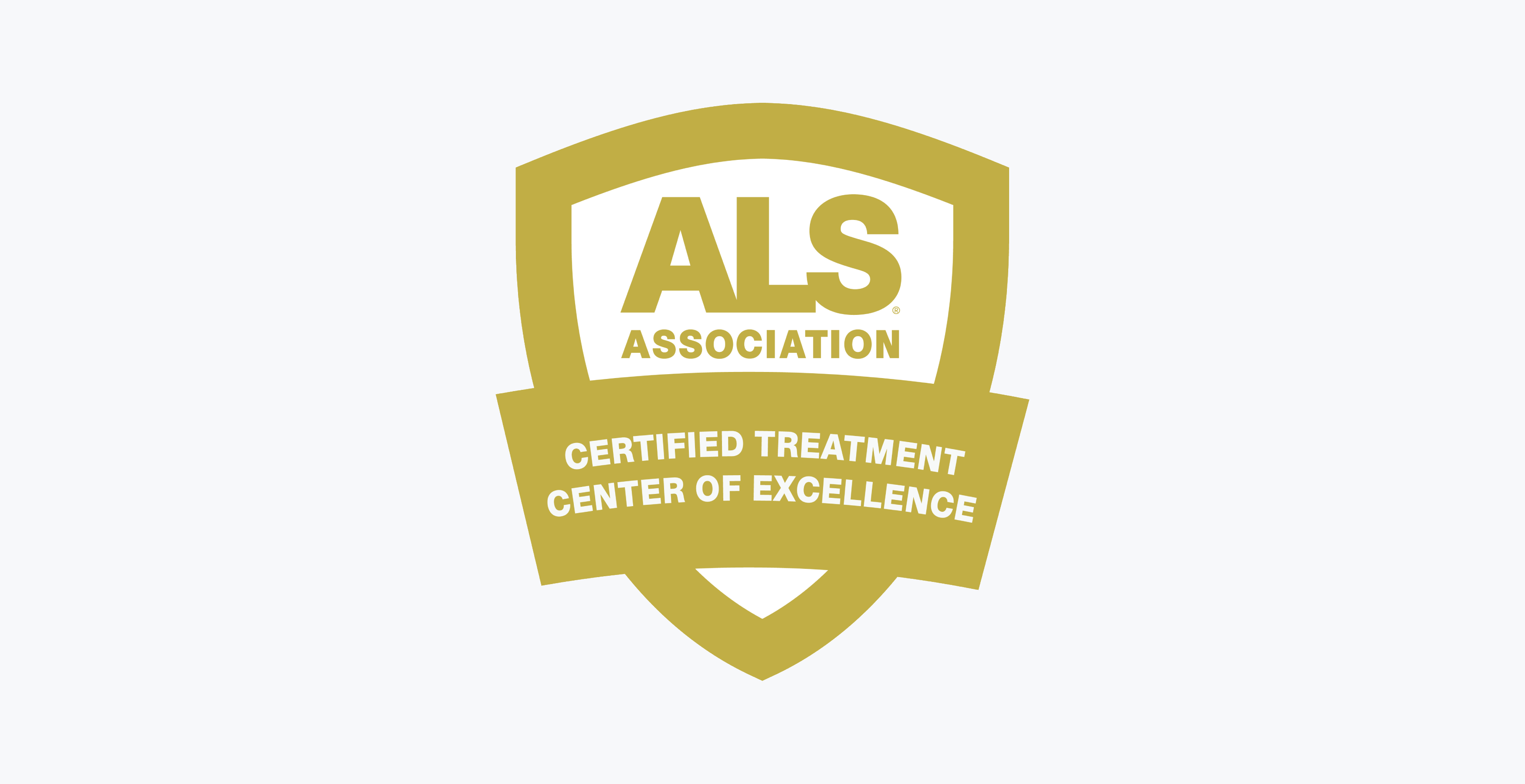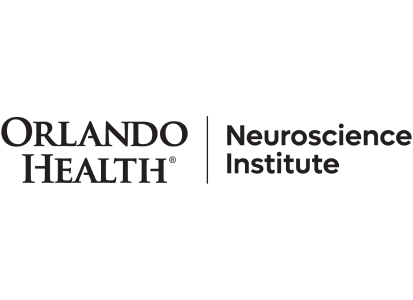Amyotrophic Lateral Sclerosis (Lou Gehrig's Disease)
Amyotrophic lateral sclerosis (ALS) is a rare, degenerative neurological disease affecting neurons that control voluntary muscle movement such as walking, moving arms, talking, swallowing and breathing.
At the Orlando Health Comprehensive ALS Center, our compassionate team of experts is dedicated to working closely with you to manage different aspects of the disease, including slowing the progression of weakness and decreased mobility that comes with ALS while helping you maintain the best quality of life possible.
Our multidisciplinary team is led by a board-certified neuromuscular neurologist who specializes in the diagnosis, comprehensive management, treatment and clinical trials for ALS, also known as motor neuron disease and Lou Gehrig’s disease. Patient care and education are coordinated by a registered nurse and supported by our speech, physical, occupational and respiratory therapists. You will also be supported by a nutritional counselor and social worker.

Certified Treatment Center of Excellence
Orlando Health Neuroscience Institute's Comprehensive ALS Center has earned designation as a Certified Treatment Center of Excellence by the ALS Association. The ALS Association collaborates with the best ALS programs across the country to ensure people living with the disease have access to specialized multidisciplinary care based on national standards. This designation confirms that Orlando Health meets the highest quality of compassionate, evidence-based care and services for patients and their families in the management of ALS.
-
Request an Appointment
-
Meet the Team
-
Resources
Diagnosis
It is important to have ALS diagnosed sooner rather than later so you can receive care and support to slow its progression.
ALS is diagnosed through clinical examinations and a series of diagnostic tests and imaging studies of the brain and the spine. A major part of the diagnostic process is ruling out other diseases that mimic ALS symptoms.
Depending on the process, the diagnosis of possible, probable and definite ALS would be made. The prognosis is variable, and every patient is different. As the disease progresses, patients may experience significant weight loss and muscle loss. They may require respiratory support as well as access to communication and ambulatory devices.
Treatment
At the Orlando Health Comprehensive ALS Center, we provide access to all available ALS-related treatments, types of equipment, counseling and coordinated care. Patients are evaluated in a single location by a board-certified neuromuscular neurologist and a team that includes a nurse, physical and occupational therapists, nutritionist, speech and respiratory therapists, and social worker. Through customized plans, our clinical team focuses on customized patient care goals and quality of life throughout disease progression.
Although there is no cure for ALS, research on the disease is advancing rapidly. Currently, there are three FDA-approved medications for ALS patients: Riluzole, Edaravone and a combination drug of sodium phenylbutyrate and Taurursodiol. These medications have a modest impact on slowing disease progression, but they can be prescribed together to increase the effect.
We also provide multicenter national and international clinical trials. Participation in a multidisciplinary ALS clinic can help prolong survival and improve the ALS patient’s quality of life, according to the American Academy of Neurology.
Symptomatic therapies are available to improve survival and focus on quality of life. Noninvasive ventilation and therapy assist with the cough reflex to clear airway secretions and survival benefits as well as the improvement of quality of life. Maintaining weight with adequate nutrition and hydration would slow the progression of the disease and improve the level of energy. Successful communication strategies can improve quality of life – augmentative and alternative communication devices with eye-gaze technology are available.
Learn About Our Multidisciplinary Approach
Navigate Your Health


Find a Neuroscience Specialist
Find a Neuroscience Specialist
Meet our doctors who specialize in the full range of neuroscience care. Our team of experts has experience in a variety of specialty areas. Together, we provide comprehensive evaluation, diagnosis and treatment options.
Find a Doctor

Virtual Visit
Virtual Visit
Need to talk with a doctor, but don’t want to leave your home? Try our virtual visit (telehealth) option to connect with a physician from your phone, tablet or computer.
Learn More

